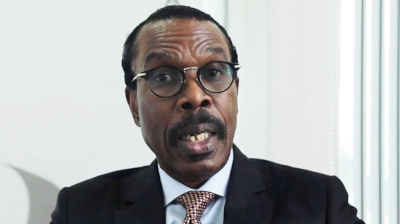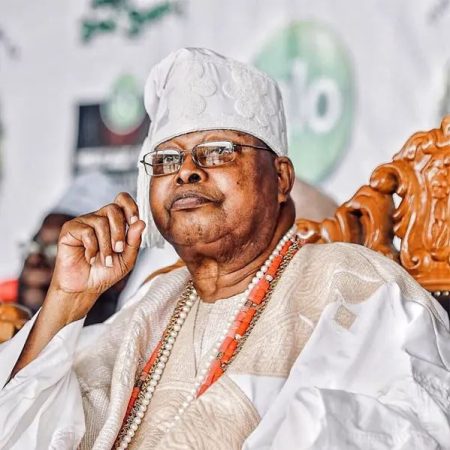The engineering landscape is undergoing a rapid transformation fueled by data and digital technologies, necessitating professionals to continuously adapt and upgrade their skill sets. Professor Sadiq Abubakar, President of the Council for the Regulation of Engineering in Nigeria (COREN), emphasized this imperative during the graduation ceremony of a specialized professional development training program. He underscored the importance of continuous professional development as a lifelong commitment for engineers to maintain competence, relevance, and employability in the face of evolving industry trends and best practices. Abubakar stressed the need for Nigerian engineers to embrace data and digital transformation to thrive in this new era, ensuring they remain at the forefront of technological advancements and contribute effectively to the nation’s development.
The training program, organized by COREN’s Department of Professional Development in collaboration with Techlytics and Citadel for Technological and Engineering Limited, was specifically designed to cater to the distinct needs of different age groups and experience levels within the engineering profession. Recognizing the varying demands and challenges faced by engineers at different stages of their careers, the program was divided into two distinct cohorts. This tailored approach aimed to provide targeted training and equip participants with the specific skills and knowledge relevant to their respective career stages.
Cohort 1, designed for senior engineers above the age of 35, focused on cutting-edge technologies shaping the future of engineering. The curriculum covered critical areas such as Building Information Modeling (BIM), Artificial Intelligence (AI), and the Internet of Things (IoT). These technologies are revolutionizing design, construction, and operational processes across various engineering disciplines. BIM enables the creation and management of digital representations of physical and functional characteristics of places, offering enhanced collaboration and efficiency. AI empowers engineers to develop intelligent systems capable of automating tasks, analyzing complex data, and making informed decisions. IoT connects physical devices and systems through the internet, enabling real-time data collection and analysis for improved monitoring and control.
Cohort 2, targeting younger engineers under 35, focused on data analytics and cybersecurity. In today’s data-driven world, the ability to extract insights from large datasets is crucial for informed decision-making and innovation. Data analytics provides engineers with the tools and techniques to analyze data, identify trends, and derive valuable insights. Cybersecurity, equally important, equips engineers with the knowledge and skills to protect critical infrastructure and sensitive data from cyber threats, ensuring the safety and reliability of systems in an increasingly interconnected world.
Out of 252 registered senior engineers (Cohort 1), 119 were initially selected for the training based on a first-come, first-served basis. Ultimately, 64 participants, representing 53% of the selected candidates, successfully completed the program. For the young engineers (Cohort 2), 211 registered candidates were selected, and 53 participants, accounting for 26% of the selected group, successfully completed the training. The lower completion rate in Cohort 2 could potentially be attributed factors such as career demands, competing priorities, or the challenging nature of the coursework.
Margaret Oguntala, President of the Nigerian Society of Engineers (NSE), highlighted the significance of the training program as a stepping stone for professional growth. She urged the graduating engineers to apply their newly acquired skills and insights to address real-world challenges, emphasizing the importance of continuous learning and adaptation in a dynamic technological landscape. Oguntala encouraged them to embrace innovation, enhance their problem-solving abilities, and strive for continued excellence in their respective fields. She stressed that continuous learning is not merely an option but a necessity in today’s rapidly evolving world. By embracing lifelong learning, engineers can remain at the forefront of their profession and contribute meaningfully to the nation’s technological advancement and economic development.














